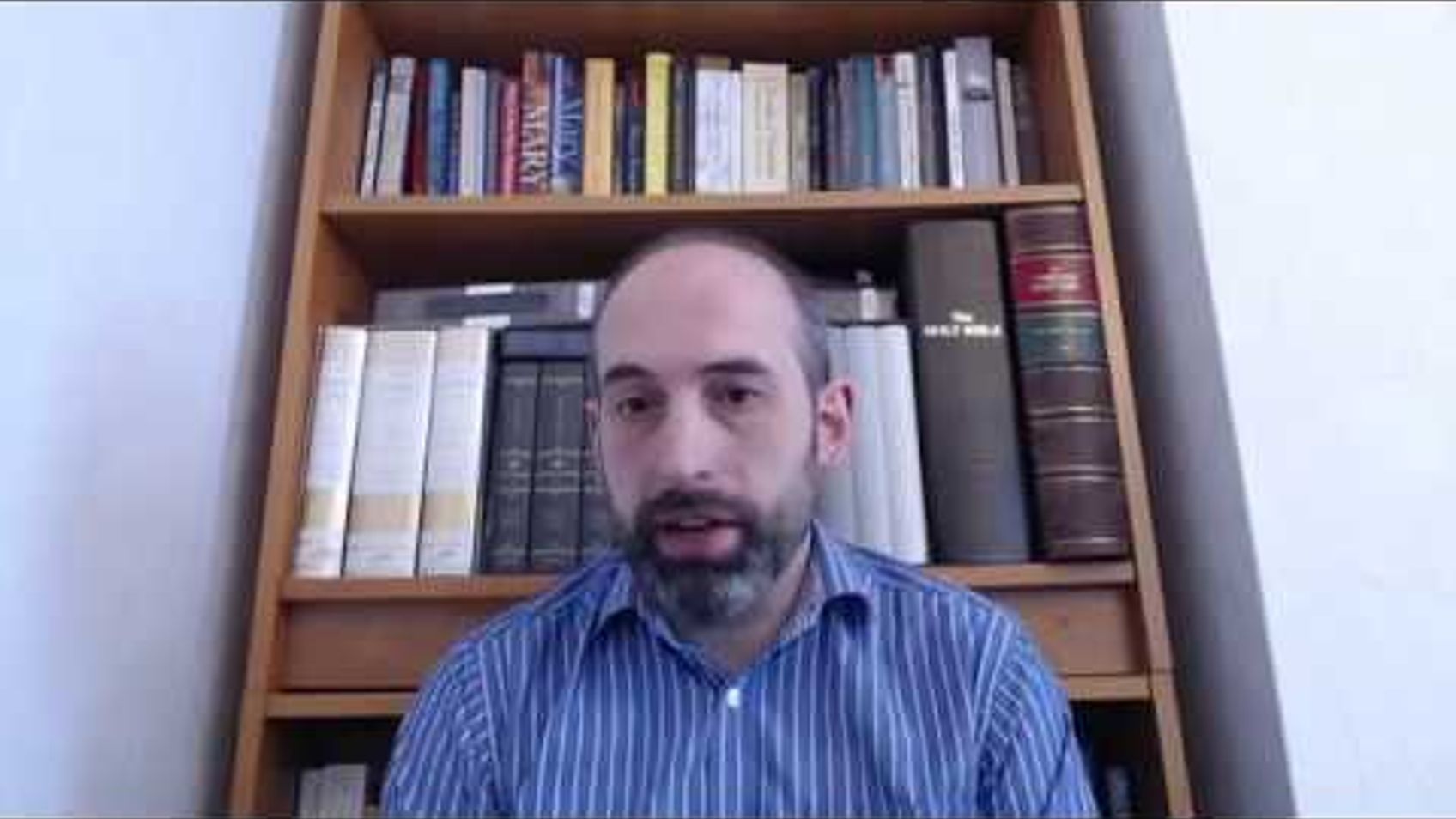Q&A#123 Sex Recession?

Today's question: "Any thoughts on the recent research on decreased rates of sex among under 30s, especially men? I would particularly be interested in any thoughts you might have on what it suggests about relations between men and women in society today."
Within this episode, I discuss this recent research: https://www.washingtonpost.com/business/2019/03/29/share-americans-not-having-sex-has-reached-record-high/. The statistics on age at first marriage I discuss can be seen here: https://www.thespruce.com/estimated-median-age-marriage-2303878. On women's earning more than men and the damaging effects this has on marriage see, for instance, this discussion: https://spottedtoad.wordpress.com/2016/08/24/say-you-dont-need-no-diamond-ring/. I mention this article I wrote on the 'bad sex' of Kristen Roupenian's essay 'Cat Person': https://alastairadversaria.com/2017/12/21/cat-person-and-the-traumatic-encounter-with-the-others-desire/. I also mention Mark Regnerus's book 'Cheap Sex': https://amzn.to/2VqvWPs (which I reviewed here: https://www.thegospelcoalition.org/reviews/cheap-sex-mark-regnerus/).
My blog for my podcasts and videos is found here: https://adversariapodcast.com/. You can see transcripts of my videos here: https://adversariapodcast.com/list-of-videos-and-podcasts/.
If you have any questions, you can leave them on my Curious Cat account: https://curiouscat.me/zugzwanged.
If you have enjoyed these talks, please tell your friends and consider supporting me on Patreon: https://www.patreon.com/zugzwanged. You can also support me using my PayPal account: https://bit.ly/2RLaUcB.
The audio of all of my videos is available on my Soundcloud account: https://soundcloud.com/alastairadversaria. You can also listen to the audio of these episodes on iTunes: https://itunes.apple.com/gb/podcast/alastairs-adversaria/id1416351035?mt=2.
More From Alastair Roberts






More on OpenTheo















